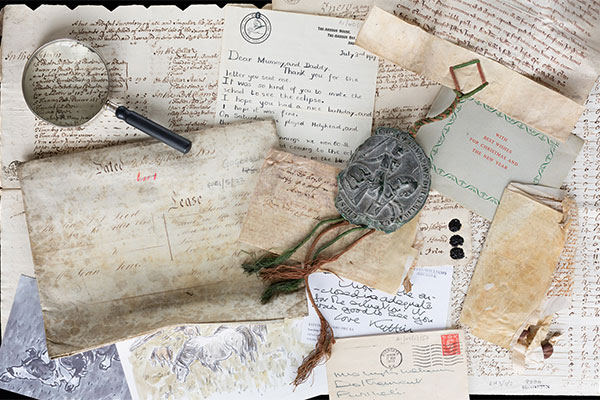A window to the politics of the day
These letters are especially full for the period up until Lloyd George's appointment to the cabinet as President of the Board of Trade at the end of 1905. Thereafter, many of them are very brief, hastily scribbled notes, but they have the inestimable advantage of giving their author's immediate, uncensored gut reaction to events as they occur.
Occasionally these were national events of momentous significance. Political news and family gossip intermingle freely as the author alternates easily between English and Welsh, perhaps to defeat the prying eyes of the security services.
Many of the early letters to William discuss legal cases in some detail and the affairs of the family legal business Lloyd George and George more generally, the profits from which enabled the ambitious young politician to remain at Westminster prior to the introduction of the payment of MPs in 1911.
Many of the key turning points in Lloyd George's political career are graphically illustrated in the letters, and new light is cast on the internal politics of the Caernarfon Boroughs, Lloyd George's role at the time of the Boer War and his campaign against the provisions of Balfour's Education Act of 1902. Subsequent letters refer to Lloyd George's appointment as President of the Board of Trade and his promotion to be Chancellor of the Exchequer by Asquith in April 1908.
There are also many references to the preparation, presentation and aftermath of the famous 'People's Budget' of 1909, the industrial and Suffragette militancy of the early years of the century, and the events of the First World War. Lloyd George's work at the Ministry of Munitions and the War Office are referred to in a number of brief notes, as is his appointment as Prime Minister at the height of World War One in December 1916.
The letters abound with references to contemporaries, notably fellow Liberal politicians. The letters are also immensely revealing with regard to Lloyd George's relationship with members of his family.




